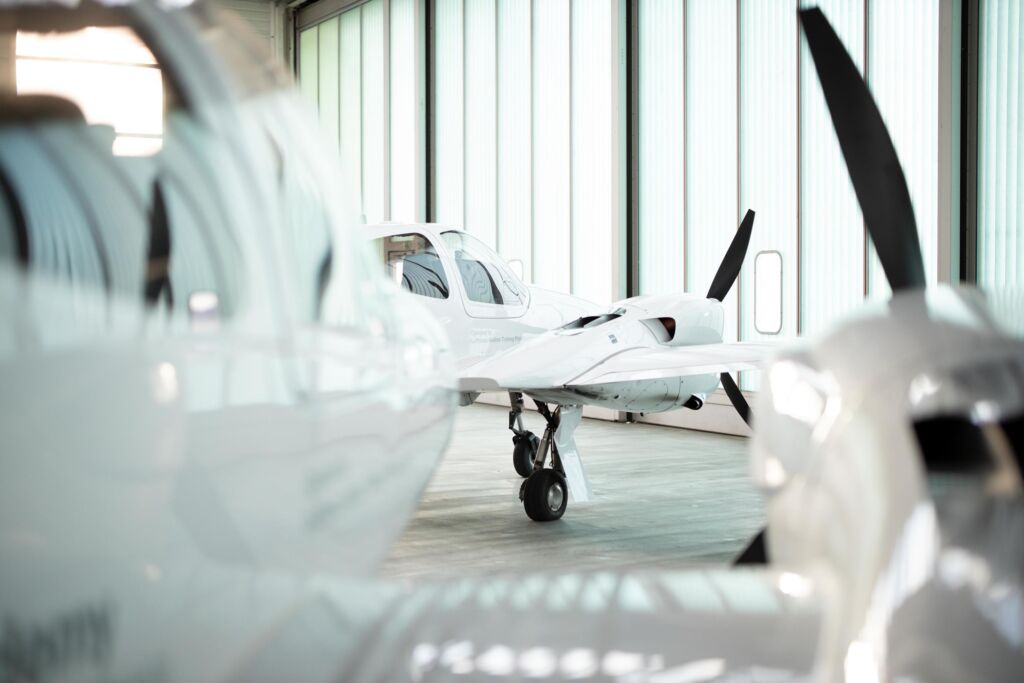The global aviation crisis caused by the pandemic continues to have serious consequences for employees working in the airline industry. As a result, pilot training has also been severely affected by the repercussions of the crisis, as the need for recruitment has decreased.
Nevertheless, Lufthansa has decided to use the interruption caused by the crisis to fundamentally modernize the existing training concept at its in-house flight schools. The principle of ab-initio training will remain in place, as it has been proven to be successful for decades. However, in the future, a so-called “campus model” framework will provide modern, digital forms of training along with new selection procedures. These will enable more needs-based training for the various airlines of the Lufthansa Group and take into account the volatile demand in air traffic.
The campus training will be comparable to a university study program with defined qualification and training standards resulting in an institutionalized, internationally recognizable degree. After completing the training, graduates will be recruited depending on the demand situation of the respective flight operations of the various airlines of the Lufthansa Group.
Consequently, this gives the current generation of student pilots another perspective on a possible entry into cockpits at Lufthansa Group Airlines later on. In view of the current lack of prospects for pilot careers within the Lufthansa Group, last year the Group’s training division, Lufthansa Aviation Training (LAT), offered all flight students the option of ending their training without incurring any costs or, alternatively, continuing their training at another flight school.
Part of the new training concept is to provide theoretical and practical training, which is located closer to the customer. In the future, the theoretical part will be concentrated at the traditional Bremen location, where the digital modules for theoretical pilot training will also be developed. The practical part of the training, which is scheduled to take place in Germany, will be consolidated at Rostock-Laage: LAT already operates a modern and recognized training facility at “RLG” airport, the site of its largest external customer.




